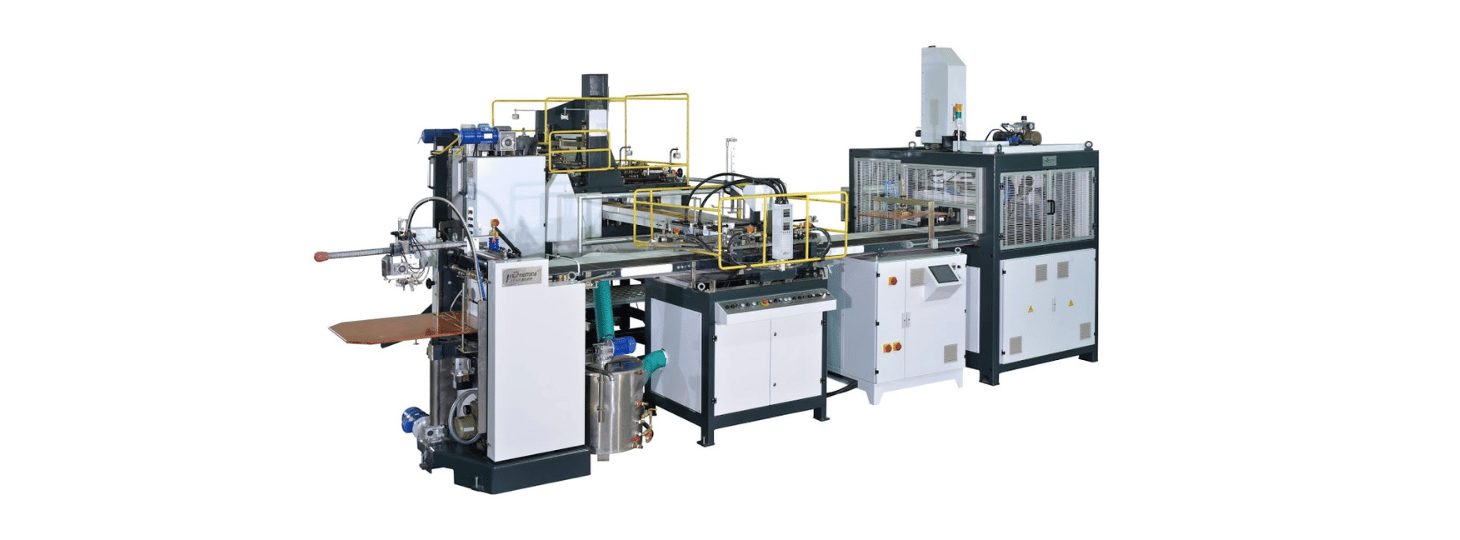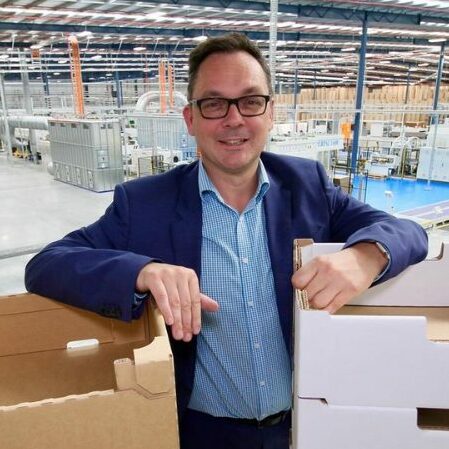#1 Machine Size and Space Availability
When it comes to selecting a small box-making machine, including the carton box making machine, the available space in the facility is a significant factor. These machines come in a variety of sizes and shapes, making it essential to comprehend the spatial constraints. For example, considering the machine’s dimensions relative to the workspace is a key factor in making an informed decision.
#2 Production Capacity
In the procurement of a box-making machine, measuring its production capacity relative to operational requirements is critical. The chosen machine, including Box Machine, should match daily production targets and meet them smoothly. For example, if the necessity is for 500 boxes each day, the machine should effortlessly satisfy this demand, ideally providing a surplus capacity to accommodate potential increases in requirements.
#3 Machine Flexibility
Evaluating flexibility is integral in the decision-making process. Machines that can accommodate a variety of box sizes and styles are invaluable. Exceptionally adaptable models, such as those produced by Autoboxup, possess the ability to seamlessly conform to dynamic business demands and diverse product lines, consequently ensuring a compelling return on investment.
#4 Cost and Value
Assess the machine’s cost in relation to the value it offers. This encompasses not only the initial acquisition cost but also maintenance expenses, operational efficiency, and its potential to minimize packaging waste. Remember, a cheaper machine might end up costing more in the long run if it isn’t a good fit for the operations.
#5 After-Sales Service
Lastly, consider the manufacturer’s after-sales service. According to Investopedia, businesses often employ after-sales support as a strategic tool as it typically heightens customer satisfaction, fosters brand loyalty, and stimulates word-of-mouth marketing. Hence, having reliable support for maintenance, spare parts, and any potential operational issues is crucial.






